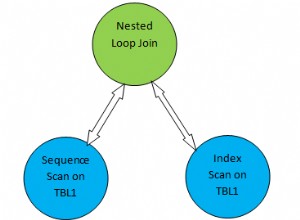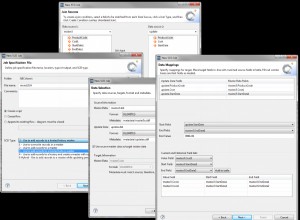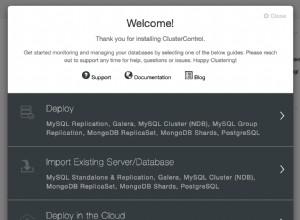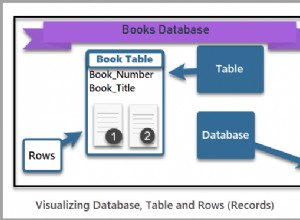Per semplici JSON puoi utilizzare query più appropriate come
select *
from mytable t
where exists (
select 1
from jsonb_each_text(t.jsonbfield) j
where j.value = 'hello');
Funziona bene per JSON come nel tuo esempio, ma non aiuta per JSON più complessi come {"a":"hello","b":1,"c":{"c":"world"}}
Posso proporre di creare la funzione memorizzata come
create or replace function jsonb_enum_values(in jsonb) returns setof varchar as $$
begin
case jsonb_typeof($1)
when 'object' then
return query select jsonb_enum_values(j.value) from jsonb_each($1) j;
when 'array' then
return query select jsonb_enum_values(a) from jsonb_array_elements($1) as a;
else
return next $1::varchar;
end case;
end
$$ language plpgsql immutable;
per elencare tutti i valori inclusi gli oggetti ricorsivi (sta a te decidere cosa fare con gli array).
Ecco un esempio di utilizzo:
with t(x) as (
values
('{"a":"hello","b":"world","c":1,"d":{"e":"win","f":"amp"}}'::jsonb),
('{"a":"foo","b":"world","c":2}'),
('{"a":[{"b":"win"},{"c":"amp"},"hello"]}'),
('[{"a":"win"}]'),
('["win","amp"]'))
select *
from t
where exists (
select *
from jsonb_enum_values(t.x) j(x)
where j.x = '"win"');
Nota che le doppie virgolette attorno al valore della stringa.




